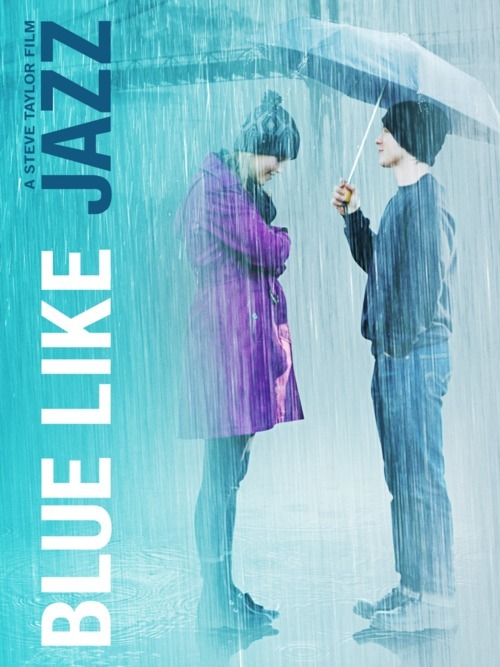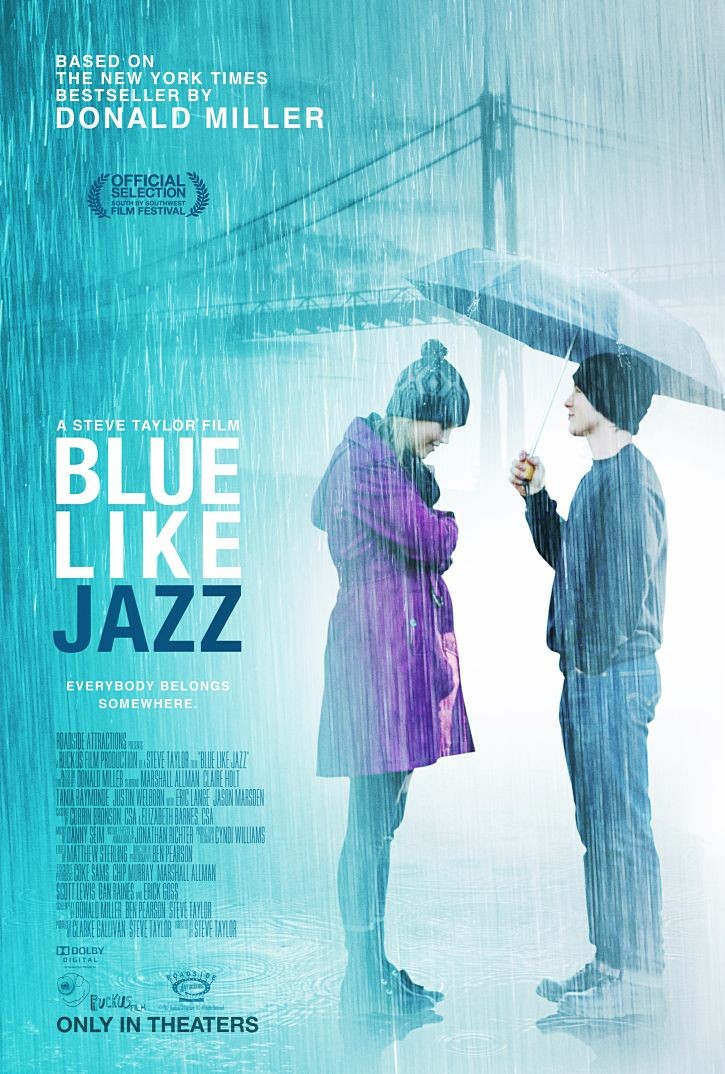 I’ve received a few DM’s and emails about our Reading Circles so here’s a bit of the what and why.
I’ve received a few DM’s and emails about our Reading Circles so here’s a bit of the what and why.
At first glance, one might mistake this for a book club. But it isn’t. For one, I dislike the term “book club.”
And two, our time is not about the book necessarily, the focus is intended to be more on those that have gathered.
The Reading Circle is about conversation to create community for our GC@Night service. Of course anyone can attend, as we have regulars who come from the morning services but because the evening service does not have ministries like Adult Discipleship (and doing these classes in the evening generally do not work), the idea of facilitating discussions in our cafe after the service made sense.
It’s also helpful for those that are not able (or not ready) to be part of a small group. Obviously those who like to read will be drawn but it’s also for people who like to converse and connect and that’ s been the real strength of this time. When people share from their minds and hearts, it goes from being a book club to a moment of community.
The first Circle we did this year at Grace Chapel was Don Miller’s A MIllion Miles in a Thousand Years (We actually did it twice, once in the morning, then in the evening – both went very well). Then we took a month off and Andrew Sullivan’s article “Christianity in Crisis” which was featured on the cover of Newsweek back in April. And today to be consistent with our summer series on the Psalms, we are are starting Reflections of the Psalms by C.S. Lewis.
We’re trying to create community and conversation so the idea is to pick books that will allow for dialogue. Not all books do that easily. If you are in a group of people you don’t know very well, it can be hard to be interesting because most people wish to avoid awkward moments potentially brought on by critique. My idea is to select books/readings that let you disagree. Don Miller is one. Sometimes he’s flippant, sarcastic, irreverent, too honest, and at moments he can come across as self-centered (which he acknowledges when he makes the comment Million Miles is about me writing a book about me making a movie about me which is based on a book about me ….
“Christianity in Crisis” was another example. It was brief, easily accessible and relevant. Honestly, I liked a good bit of the article, and here was my initial review when it first came out “Wishing Andrew Sullivan a beautiful Easter …” I think what I liked least was the title – it was so dramatic. But a more appropriate title like, “Issues the Christian Church Should Look Into Resolving So It Can Move Forward” isn’t going to move a lot of Newsweek’s or generate a lot of clicks.
And here we are with Lewis’ Reflections of the Psalms. What I like about the book is that it’s not a scholarly commentary and lives up to its title of being reflective. My hope is that those gathered will feel free to push back against a figure and a mind like Lewis because I think he allows for that in this book. I also hope that his take opens the door for our take on some of what naturally comes out from reading the Psalms.
In all honesty, I’m excited. So, if you around Lexington, come on out, we’ll likely start a little after 7.30p, we’ll have fair trade coffee and tea, some light foods and will be meeting again on the July 8th, 22nd, and August 5th.
We’ll be starting another one in the fall and will most likely be A Faith Of Our Own by Jonathan Merritt. If you are in a book club/reading circle or been a part of one, feel free to add your thoughts. Also, if you are interested in starting one and need some help, know that I’d love to connect – send me an email if it’s easier than posting below.
 Just about every week I get asked what is up with our Reading Circle, when is the next one, what are we reading, what in the world is it?
Just about every week I get asked what is up with our Reading Circle, when is the next one, what are we reading, what in the world is it? Many of us had a positive experience reading Don Miller’s
Many of us had a positive experience reading Don Miller’s  In any case, I truly liked the characters of BLJ. I’ll admit my first impression of Marshall Allman playing a young Don Miller threw me off. He looked like a cross between a goofy-looking Sufjan Stevens and a hooded Portlandian version of Eminem from 8 Mile (the movie poster has him in this pose staring down Penny and I’m worried that he’s hiding a black eye about to try to battle her on the bridge). But I have to say Marshall did a fantastic job.
In any case, I truly liked the characters of BLJ. I’ll admit my first impression of Marshall Allman playing a young Don Miller threw me off. He looked like a cross between a goofy-looking Sufjan Stevens and a hooded Portlandian version of Eminem from 8 Mile (the movie poster has him in this pose staring down Penny and I’m worried that he’s hiding a black eye about to try to battle her on the bridge). But I have to say Marshall did a fantastic job. Last week I got to see an advanced screening of Blue Like Jazz – I liked it and I give it an A- and I hope you go see it as soon as it comes out on April 13th. It’s an indie movie, so its theater run will be directly related to the success of its release in the opening weekend.
Last week I got to see an advanced screening of Blue Like Jazz – I liked it and I give it an A- and I hope you go see it as soon as it comes out on April 13th. It’s an indie movie, so its theater run will be directly related to the success of its release in the opening weekend. While I have always been a bit unsettled by “Christian celebrity”, I find Don to not have let his success get the best of him. It did bother me that there was a charge for the book tour but I’m guessing that’s a publisher trying to recoup costs. And in fairness, him and his team are traveling for 3 months. All in all, I do like the concept of the book tour. While I’m probably less inclined to pay money to hear most authors, I guess Don is among those I would. In any case, I do appreciate these moments as they often help me appreciate the book more. It was a great night. I’m glad I went. I even bought the book again and asked Don to write a note to my wife who was too pregnant to attend. In fact, she’s too pregnant to travel, sit, sleep, eat, breath but baby boy is coming Monday. It’s foreordained. Btw, my few moments with Don was very warm.
While I have always been a bit unsettled by “Christian celebrity”, I find Don to not have let his success get the best of him. It did bother me that there was a charge for the book tour but I’m guessing that’s a publisher trying to recoup costs. And in fairness, him and his team are traveling for 3 months. All in all, I do like the concept of the book tour. While I’m probably less inclined to pay money to hear most authors, I guess Don is among those I would. In any case, I do appreciate these moments as they often help me appreciate the book more. It was a great night. I’m glad I went. I even bought the book again and asked Don to write a note to my wife who was too pregnant to attend. In fact, she’s too pregnant to travel, sit, sleep, eat, breath but baby boy is coming Monday. It’s foreordained. Btw, my few moments with Don was very warm.




Recent Comments